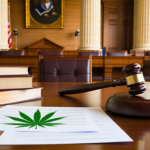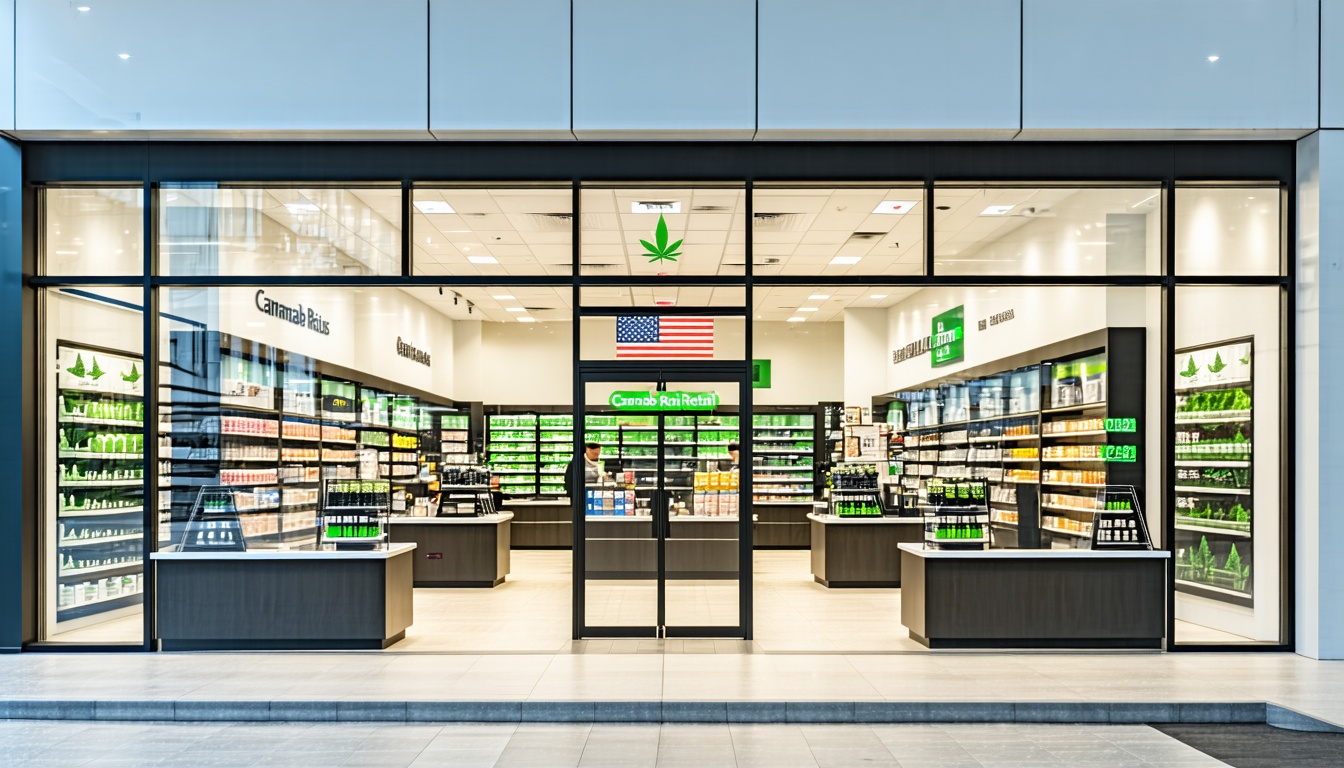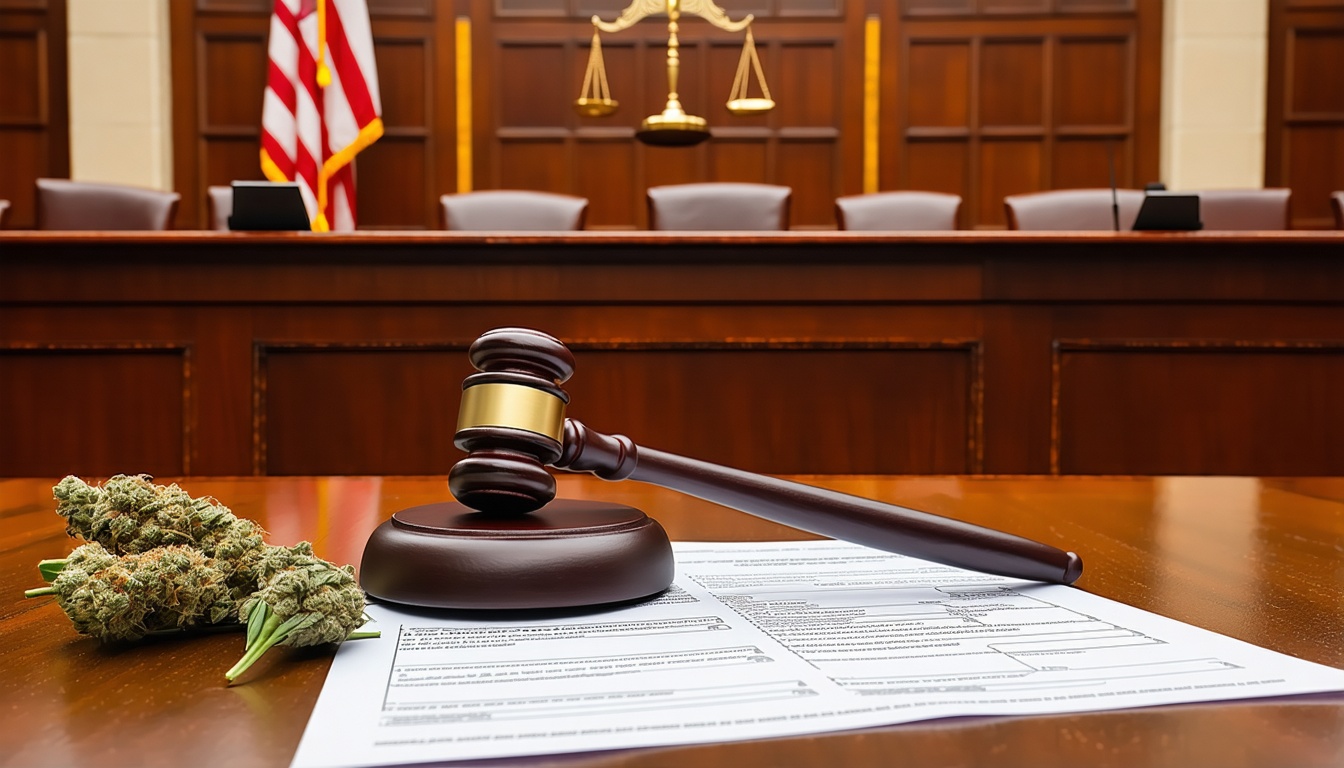US Court Upholds Virginia’s Ban on Intoxicating Hemp Products
A recent ruling by the US Court of Appeals for the Fourth Circuit has upheld Virginia’s strict regulations on intoxicating hemp products, citing the state’s authority to protect public health and safety. The decision comes as a major setback to the hemp industry, which had challenged the state’s law as conflicting with federal regulations and the Dormant Commerce Clause.
The controversy surrounding intoxicating hemp products, such as gummies and beverages, stems from the 2018 Farm Bill, which legalized hemp containing up to 0.3% delta-9 THC. However, the bill did not restrict other forms of THC, such as delta-8 and delta-10, which are found in some hemp products. Virginia’s Senate Bill 903, enacted in response to the proliferation of these products, restricts the total THC content in retail hemp products to 0.3%.
The hemp industry had argued that Virginia’s law was preempted by federal law and violated the Dormant Commerce Clause, which prohibits states from enacting laws that unduly interfere with interstate commerce. However, the court rejected these claims, holding that states have the authority to regulate health and safety matters, including restrictions on intoxicating hemp products.
The court also found that Virginia’s law does not burden interstate commerce or favor local businesses, and that the state has a greater responsibility to protect the health and safety of its citizens. While the law may have economic consequences for some businesses, the court saw no reason to prevent it from taking effect.
The ruling is significant, as it upholds Virginia’s authority to regulate hemp products and sets a precedent for other states to follow. The decision also underscores the need for federal legislation to provide a consistent standard for hemp production and regulation.
At the federal level, the 2018 Farm Bill remains under review, with lawmakers proposing amendments that could redefine hemp to exclude intoxicating substances altogether. Such a move would provide a consistent federal standard, but would also deal a severe blow to the hemp industry.












